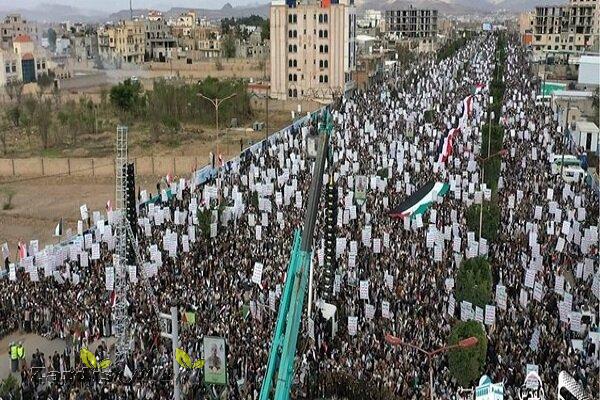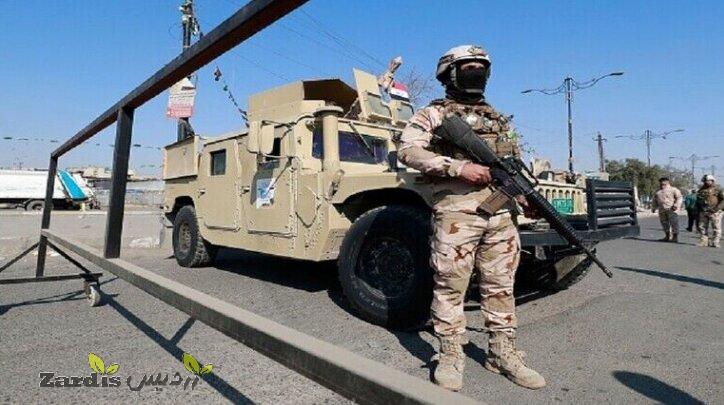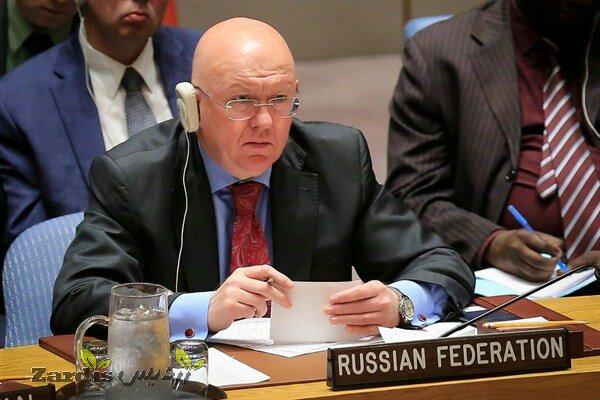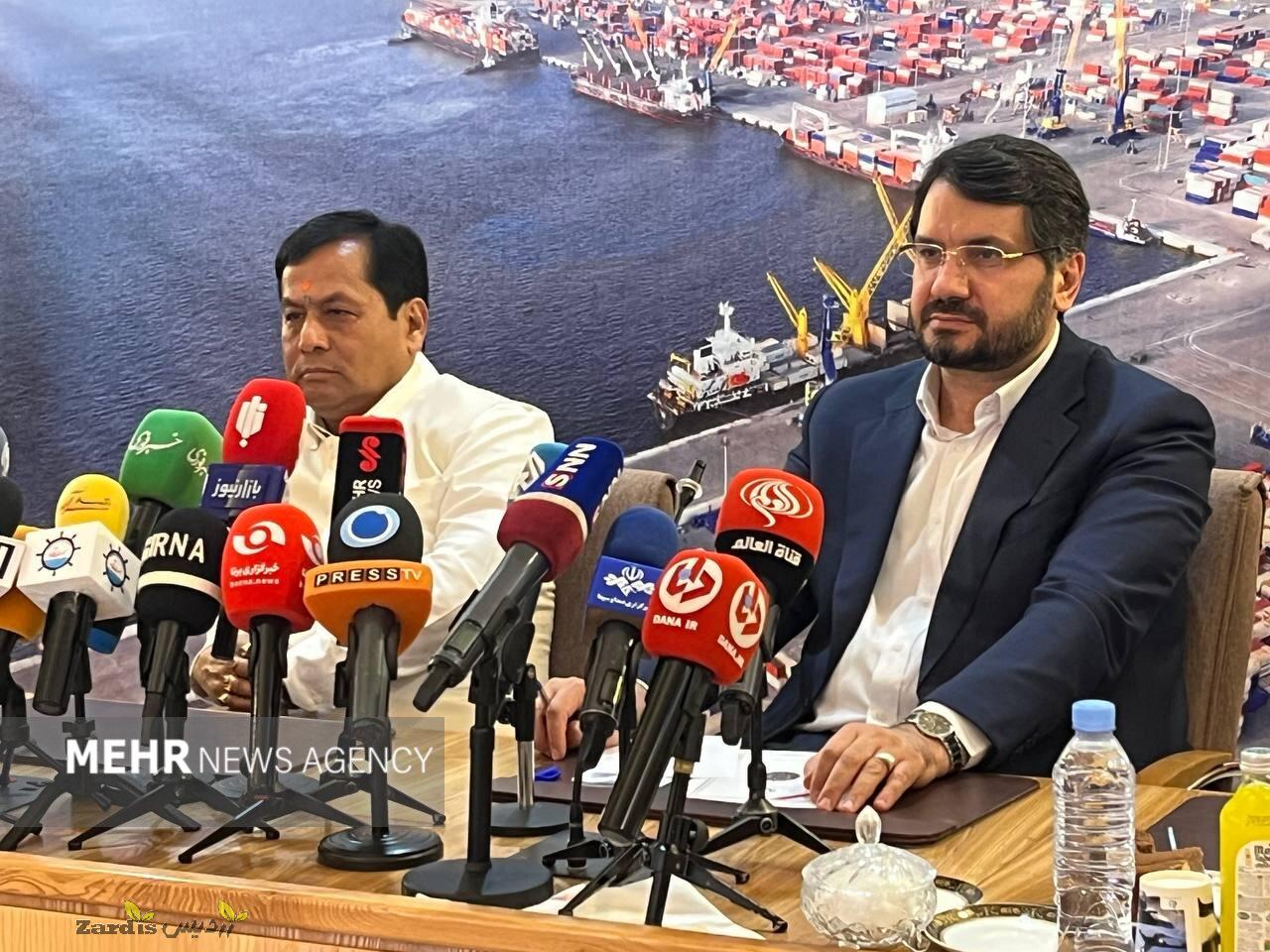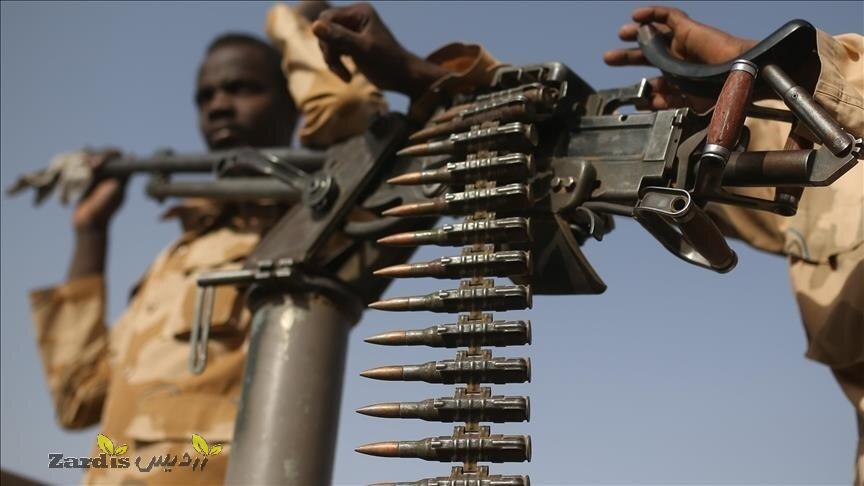Following the Islamic Awakening in 2011, also known as the Arab Spring, Yemen was one of many nations to protest against monarchies, dictatorships, discrimination and corruption among many other problems facing the people of these countries in West Asia.
Facing massive nationwide unrest and a year of protests calling on the entire ruling elite to resign, President Ali Abdullah Saleh who held the helm for 33 years, agreed to a peaceful transition period where he would step down in return for immunity. This may have been seen as a good step at the time to avoid further unrest. However, it was also a major policy blunder. The last organization that should have interfered in Yemen during this so-called transition period was the (Persian) Gulf Security Council. The members who sit on this council have been interfering in Yemen for decades, depriving the country from its sovereignty. However, sure enough, the Council allowed Saleh to cede power to his Vice President Abdrabuh Mansour Hadi (he was vice president to Saleh from 1994 to 2012).
Despite some claims that Hadi had been sworn in following elections in February 2012, this was actually nowhere near an election. This was the initiative by the (Persian) Gulf Security Council that barred anybody else from standing on the ballot box. Winning as a single-candidate means Hadi had been chosen to become President not elected. Chosen by whom? He received 99.999 percent of the vote count. Yes, it was one of those elections.
Elections are contested and this was by no means a contest. Nor was it exactly what the Yemeni people had fought for in 2011 to get rid of the old guard. Nevertheless, opposition groups, including the popular Ansarullah movement supported a two-year transition period on the basis that Hadi would engage with all segments of society to exchange views on the transition process, draft a new national constitution and a new power sharing government. Hadi failed to provide neither the leadership needed at the time nor did he provide essential reforms.
Just one year into Hadi’s term, the economy was worse than It was before the 2011 revolution, unemployment was sharply rising while the majority of Yemenis faced severe food shortages, water and basic goods.
Separatist groups boycotted the intra-Yemeni talks in another sign that Hadi lacked the leadership skills to unite a country that had a track record of violence and division in the south. Despite Hadi’s two year mandate expiring in January 2014, opposition parties displayed impressive patience by allowing Hadi to stay in power in order to preserve peace in the country. Some Yemeni media reports say opposition factions opposed Hadi clinging on to power and that he had overstayed his welcome.
In any case, the straw that broke the camel’s back came between July and September of 2014 after Hadi’s decision to curb fuel subsidies. A move widely condemned among Yemenis in what is the region’s poorest nation. Mass street protests rocked the country as anger mounted over rising poverty and the lack of any progress since the 2011 uprising. A second revolution was underway as Hadi was accused of corruption and a massive failure to meet the terms agreed upon when he assumed office. Protesters called on the interim administration to resign. Opposition factions, spearheaded by Ansarullah echoed the people’s demands.
However, Hadi refused to leave office while his armed forces opened fire and killed protesters in the capital Sana’a. By late September, forces loyal to Ansarullah and the country’s armed forces overtook government offices and the Presidential palace. Hadi’s ministers were replaced by what became known as the National Salvation Government, members of Ansarullah under a previous UN-brokered agreement also took up positions of power in the new government replacing those that had been represented by the Hadi administration.
Fact check.
The notion that Ansarullah (an umbrella organization) is an Iranian backed Shia proxy cannot be further from the truth. Without a doubt It is backed by the Islamic Republic of Iran. The reality on the ground is that Ansarullah is the most popular movement supported by many Sunni Muslims who had also become disillusioned with the so-called transition process. Ansarullah would not be in control of the majority of the country alongside other factions if the people did not support it and did not fight for it and did not take to the streets in demonstrations that stretch as far as the eye can see in support of this umbrella organization.
By late January 2015, Hadi and his ministers submitted their resignation. Hadi was later held under house arrest on a number of charges that included corruption. In February, he escaped and fled to Saudi Arabia, the circumstances of the escape remain murky. Different reports state different accounts.
That takes nothing away from the fact that once Hadi and his administration presented their resignation letters, they are no longer recognized as the government inside Yemen, let alone the international community.
However, once in Riyadh, under the orders of Saudi Arabia, Hadi retracted his resignation.
Now In similar circumstances, anywhere else on the planet, he should have been in court back in Yemen facing multiple charges including corruption; not representing a country from abroad as its ‘president’ because Riyadh says so.
The most important question here is this:
Why did the former Yemeni President retract his resignation once in Saudi Arabia and claim to be Yemen’s ‘legitimate president’?
The answer is very simple.
Saudi Arabia needed a request from a ‘legitimate’ Yemeni administration to wage war on its southern neighbor.
And sure enough, the Saudis claim that a request came from Hadi; the following month, Riyadh waged a war on Yemen. A war that it predicted would take weeks to complete but is ongoing more than six years later. A war where western arms manufacturers have benefited the most.
Apart from that, Hadi was just a puppet to the Saudis. At one point, even Riyadh placed him under house arrest. To make matters worse, when Riyadh called emergency meetings of the Arab League and the (Persian) Gulf Security Council following retaliatory attacks by Yemeni forces, such as the September 2019 operation that knocked out the Kingdom’s eastern oil fields of Abqaiq and Khurais, where was Hadi during these urgent Arab summits? (Yemen is not part of the [P]GCC).
Such is the importance of Hadi to the Saudis; he wasn’t even given a platform to speak on behalf of the Yemenis. In fact, during one of these emergency meetings on Yemen, the chairman of Sudan’s military transitional council, General Abdul Fattah al-Burhan, who had only been in power for a few weeks and no who one had heard off before, was provided a front-row seat and a microphone to read out a statement (on Yemen). If you were lucky, you may have caught a glimpse of Hadi sitting somewhere at the back.
This internationally recognized ‘Hadi’ government is recognized by the West; all the allies of Saudi Arabia who (for more than six years now) have put a profit from arms sales to Riyadh over the lives of Yemeni children. It is also recognized by Saudi Arabia’s fellow regional monarchies, dictatorships, and tyrants.
Luckily, the international community does not revolve around these players. The freedom-seeking nations on this planet and the freedom-seeking people on this planet recognize the Yemeni people’s struggle and the National Salvation Government as the internationally recognized administration running the country.
Zardis news | The latest news of Iran and the world
All rights reserved for "Zardis news"It is protected and any copying without mentioning the source is prohibited.
Pursuant to Article 12 of Chapter 3 of the Cybercrime Law, copying the format and content will be prosecuted.



